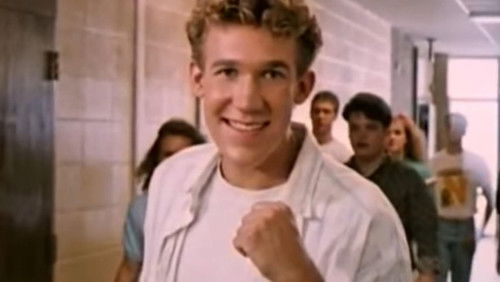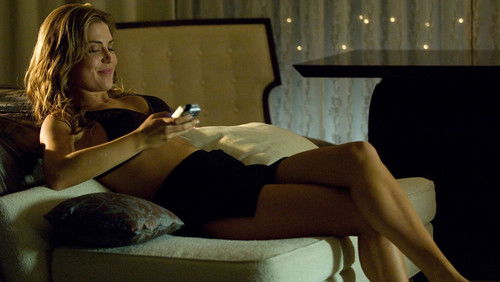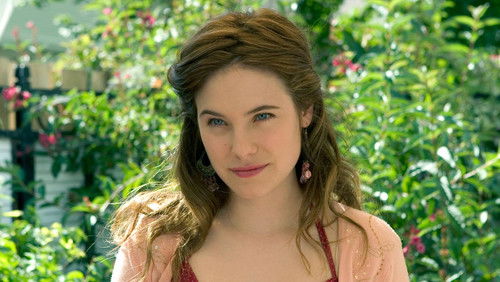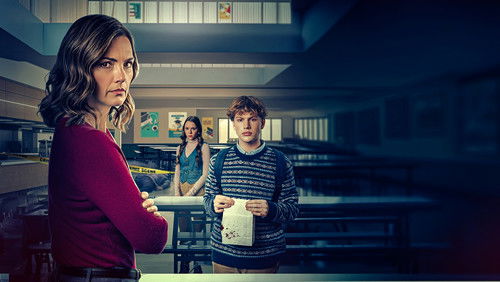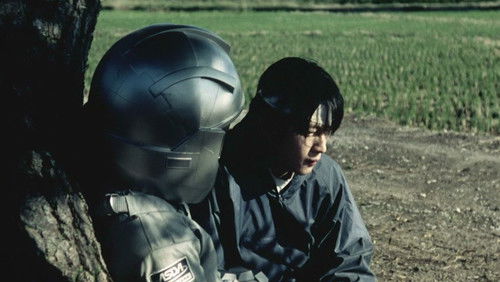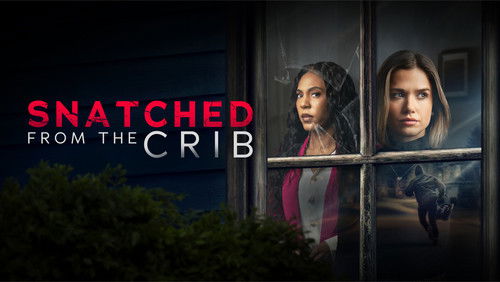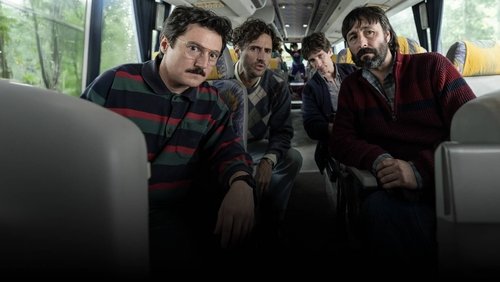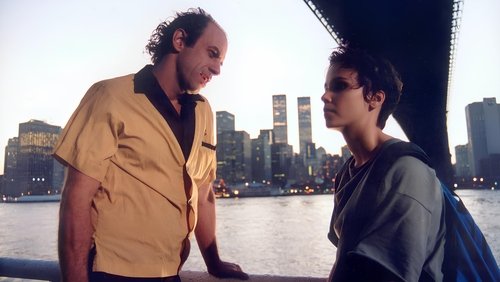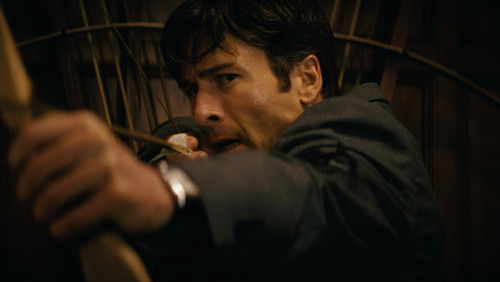Vier im roten Kreis (1970)
33KVier im roten Kreis: Directed by Jean-Pierre Melville. With Alain Delon, Bourvil, Gian Maria Volontè, Yves Montand. After leaving prison, master thief Corey crosses paths with a notorious escapee and an alcoholic former policeman. The trio proceed to plot an elaborate heist.
“THE RED CIRCLE (Jean-Pierre Melville – France/Italy 1970).u003cbr/u003eu003cbr/u003eThis might be the coolest film ever made, in the most literal sense of the term. The men here never lose control and never – not once – show their emotions. No dramatic outbursts in this film. Everyone is cool all the time. Itu0026#39;s an abstract dream-world, where the men live by their own code, a gangster code with the values of the outside world conspicuously absent. In this masterfully filmed heist saga, Melville tackles the American crime thriller in his distinctly dark and desolate style, yet made in grand fashion with a hefty budget of ten million dollars and with four of the greatest French stars at the time. Alain Delon as the master thief, Yves Montand as an alcoholic ex-cop, Italian star Gian-Maria Volonté as an escaped criminal and André Bourvil in an atypical role as the cynical police chief.u003cbr/u003eu003cbr/u003eMelville described LE CERCLE ROUGE as his penultimate film and it is indeed a masterfully stylized policier. He also claimed he wanted to shoot a film noir in colour and in many ways he succeeded. The two primary influences for this film were John Hustonu0026#39;s 1950 heist movie THE ASPHALT JUNGLE and Jules Dassinu0026#39;s RIFIFI (1955). But unlike these films, where we learn much about the background of the individual gang members, with all their petty needs and worries that motivate them, making clear these are not just ruthless underworld types, but ordinary individuals engaged in a world of everyday worries and human endeavour, Melville, though, tells us almost nothing about his criminals. Why was Corey (Alain Delon) in jail? Why was his associate, Vogel (Jean-Marie Volonté) arrested in the first place? Or why the ex-police marksman Jansen (Yves Montand) left the force, was it his alcoholism? We never learn the motivations behind their actions and never find out what drives these men. Women are even more absent than in his earlier films, with the u0026quot;emotionalu0026quot; ties exclusively between men. They donu0026#39;t even seem to have personal lives. A sort of an emotional twilight zone and although the setting is not as abstract as in his earlier LE SAMOURAI (1967), Melville still sketches a very eerie world. Melvilleu0026#39;s favorite actor, Alain Delon, is perfect and almost outdoes himself in coolness, if imaginable.u003cbr/u003eu003cbr/u003eDeliberately paced and with a length of over 140 minutes, Melville takes his time to tell the story, but its slow pace and length seems a perfect way to show the desolate world these men live in. Nothing is ever out of place in Melvilleu0026#39;s films and here itu0026#39;s no different, every little detail seemingly of pivotal importance for the story. Although LE SAMOURAI remains my favorite Melville film, even up there with the greatest films ever made, this one also belongs to the very best. u003cbr/u003eu003cbr/u003eCamera Obscura — 10/10”
